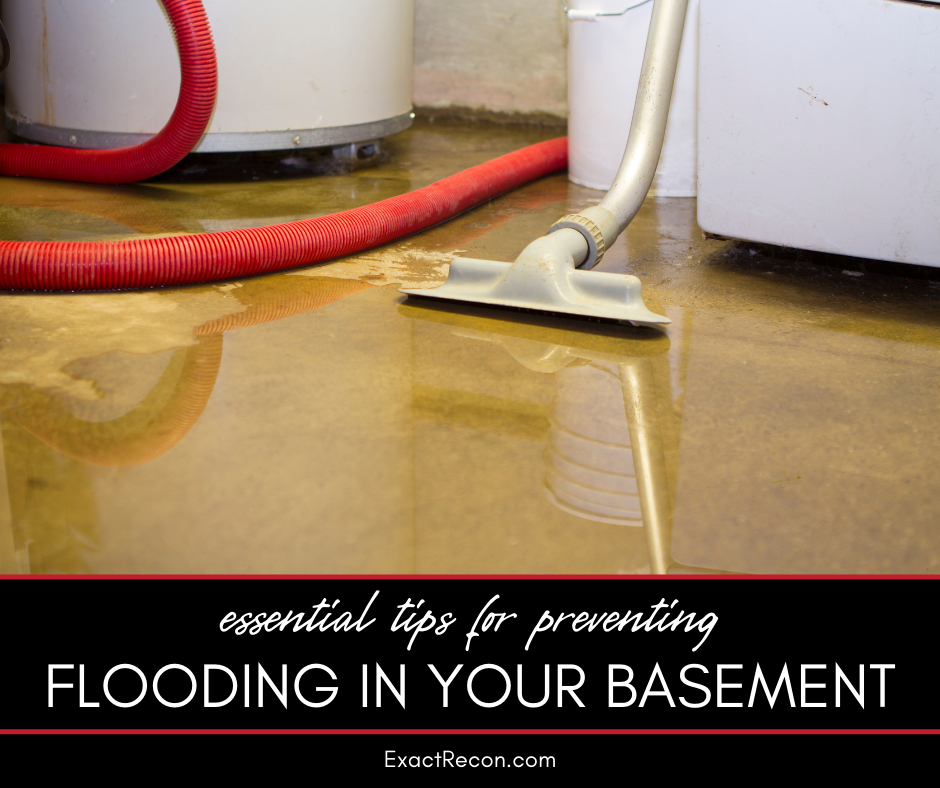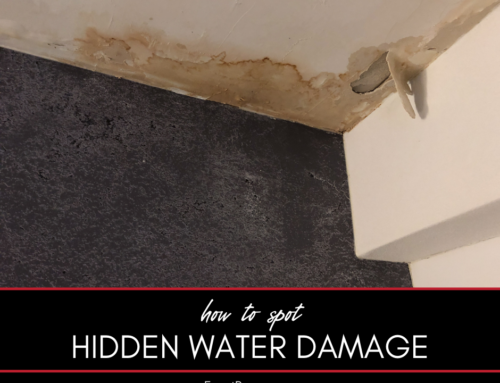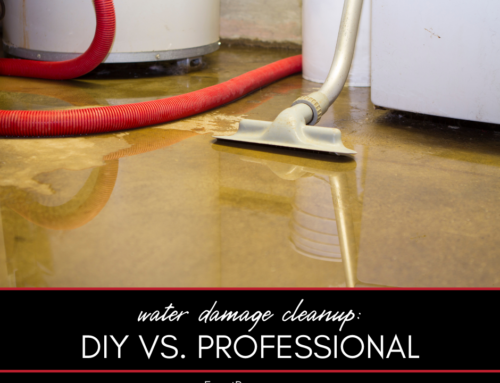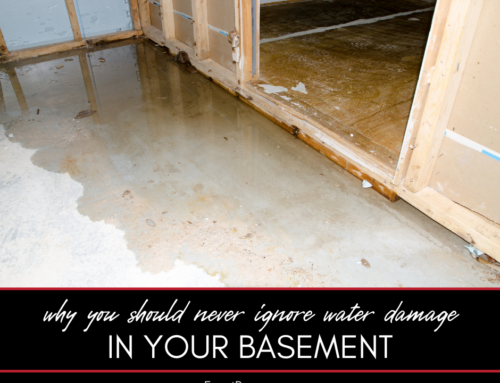A dry basement is more than just a comfort; it’s a safeguard against costly damage and potential health issues. Basements, being the lowest point in homes, are naturally prone to flooding. Whether it’s due to heavy rainfall, melting snow, or other factors, basement flooding can be a homeowner’s nightmare. But fear not! With some proactive measures, you can significantly reduce the risk of your basement turning into an unwanted indoor pool. Let’s dive into some essential tips to keep your basement dry and flood-free.
Essential Tips for Preventing Basement Flooding
Basements offer valuable space for storage, recreation, and sometimes even living. But their below-ground location makes them susceptible to water intrusion. While it might seem like a daunting task to keep water out, with the right strategies, you can maintain a dry and safe basement environment. This guide will walk you through the reasons basements flood, the importance of prevention, and actionable steps to ensure your basement remains dry.
Understanding Why Basements Flood
Several factors can contribute to basement flooding. One of the most common reasons is poor drainage around the home’s foundation. When rainwater or melting snow doesn’t have a proper path to flow away from the house, it can seep into the basement. Additionally, cracks or gaps in the foundation or basement walls can allow water to enter. Over time, even minor cracks can become significant entry points for water. Another common culprit is malfunctioning sump pumps or sewer systems, which can lead to water backup and flooding.
The Importance of Flood Prevention
Preventing basement flooding isn’t just about avoiding the inconvenience of cleaning up. Consistent moisture can lead to mold growth, which poses health risks to the home’s inhabitants. Additionally, water damage can weaken the home’s foundation, lead to electrical hazards, and damage stored items or finishes in finished basements. In the long run, prevention is far more cost-effective than dealing with the aftermath of a flood.
Steps to Keep Your Basement Dry
- Regular Maintenance: Ensure your gutters and downspouts are clean and free of debris. This allows water to flow freely away from your home. Extend downspouts so that they direct water at least three to four feet away from the foundation.
- Inspect and Repair Foundation Cracks: Regularly inspect your basement for cracks or gaps. Even small cracks can be entry points for water. Seal any cracks with appropriate sealants or consider professional repairs for larger issues.
- Install a Sump Pump: If you don’t already have one, consider installing a sump pump. This device collects excess water and pumps it away from your home. If you already have a sump pump, ensure it’s in good working condition and consider having a backup battery in case of power outages.
- Elevate Appliances: Raise washers, dryers, and other appliances above potential flood levels using waterproof platforms or stands.
- Landscape Wisely: Ensure the ground slopes away from your home’s foundation. This helps direct rainwater away from your home and reduces the risk of seepage.
FAQ About Preventing Basement Flooding
Here are some frequently asked questions about preventing basement flooding. If you don’t see the answers you’re looking for here, please call our office. We’re here to help.
How Often Should I Check My Sump Pump?
It’s a good practice to check your sump pump at least once a year, preferably before the rainy season. Ensure it’s working correctly and clear any debris that might interfere with its operation.
Can Landscaping Really Make a Difference?
Absolutely! Proper landscaping ensures that water flows away from your home rather than pooling around the foundation. It’s a simple yet effective way to reduce the risk of basement flooding.
What If My Basement Has Already Flooded?
First, ensure safety by avoiding electrical hazards. Then, remove the water, dry out the area, and identify the cause of the flooding. Address the root cause to prevent future incidents.
Are There Signs I Should Look For?
Look for damp spots, mold growth, or a musty smell. These can indicate that water is getting into your basement, even if you haven’t experienced significant flooding.
Can Insurance Help with Flood Prevention?
Some insurance policies might offer discounts or incentives for homeowners who take proactive flood prevention measures. Check with your provider for details.
Taking proactive steps to prevent basement flooding can save you time, money, and stress in the long run. By understanding the risks and implementing these essential tips, you can enjoy a dry and safe basement for years to come.
Do You Need a Disaster Remediation Expert in Washtenaw County or Jackson County?
If your home has already been damaged, we can help. Check out our services and call Exact Recon for your free disaster remediation quote today. We offer:
- Water damage restoration
- Mold removal and remediation
- Fire and smoke restoration
- Sewer cleanup and disinfecting
- Reconstruction
- Wind and storm damage repair










